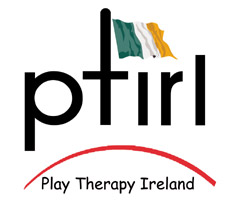Many children need support in emotional literacy. Others have behaviour or mental health problems at some stage that prevents them from fulfilling their full potential.
Some studies indicate that 20% of children have some form of psychological problem (Venables (1983);Rutter, Cox et al (1975); Jeffers & Fitzgerald (1991); Porteous (1991) etc) and that 70% of these are helped through the use of psychological based therapies such as play and creative arts. The 1999 British government survey estimated that 10% of children have a mental health problem. It is likely that similar statistics apply to Ireland.
It is also essential to realise that mental health, like physical health, is as much about prevention as cure.
There are a number of approaches to play therapy. One of the most effective is called non-directive. This is based upon principles developed by Virginia Axline.
Practitioners of play therapy and therapeutic play use a Play ‘Therapy Tool-Kit’
Further explanations may be found in:
Conditions that therapeutic play and play therapy can help – a short check list – ‘Do you know a child who …….?’
Indications for Referral This short article on the PTUK web site is a very useful guide for parents, carers and other lay persons who may be worried about a child’s emotional condition and the desirability of referral for play therapy.
The Play Continuum shows how different applications of play can deal with a spectrum of children’s emotional, behaviour and mental health problems.

